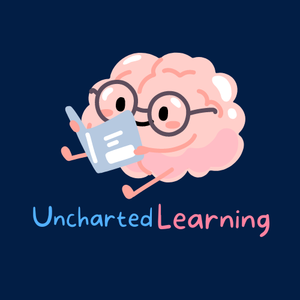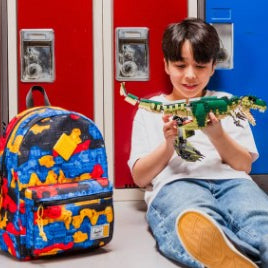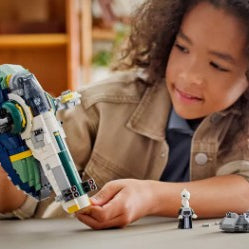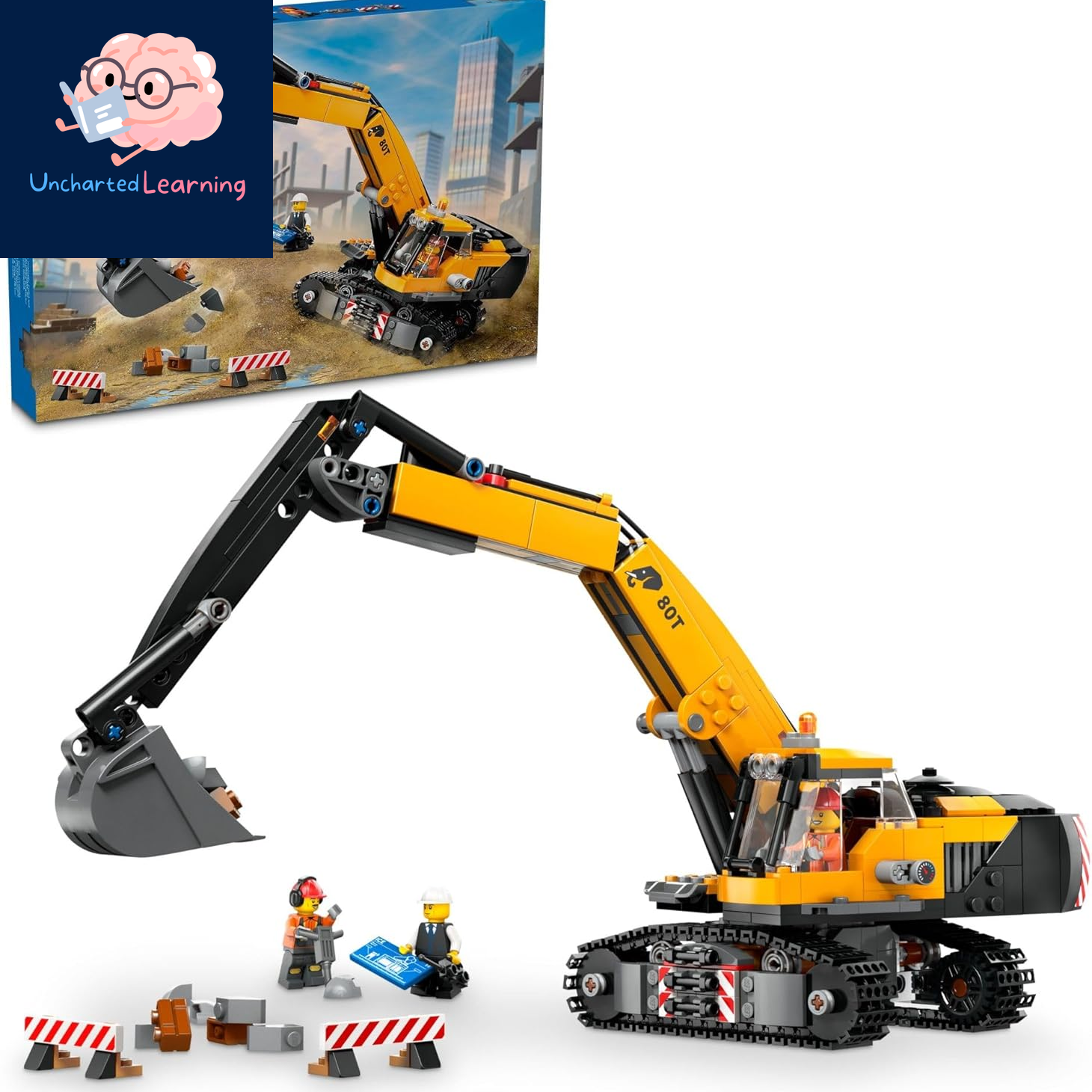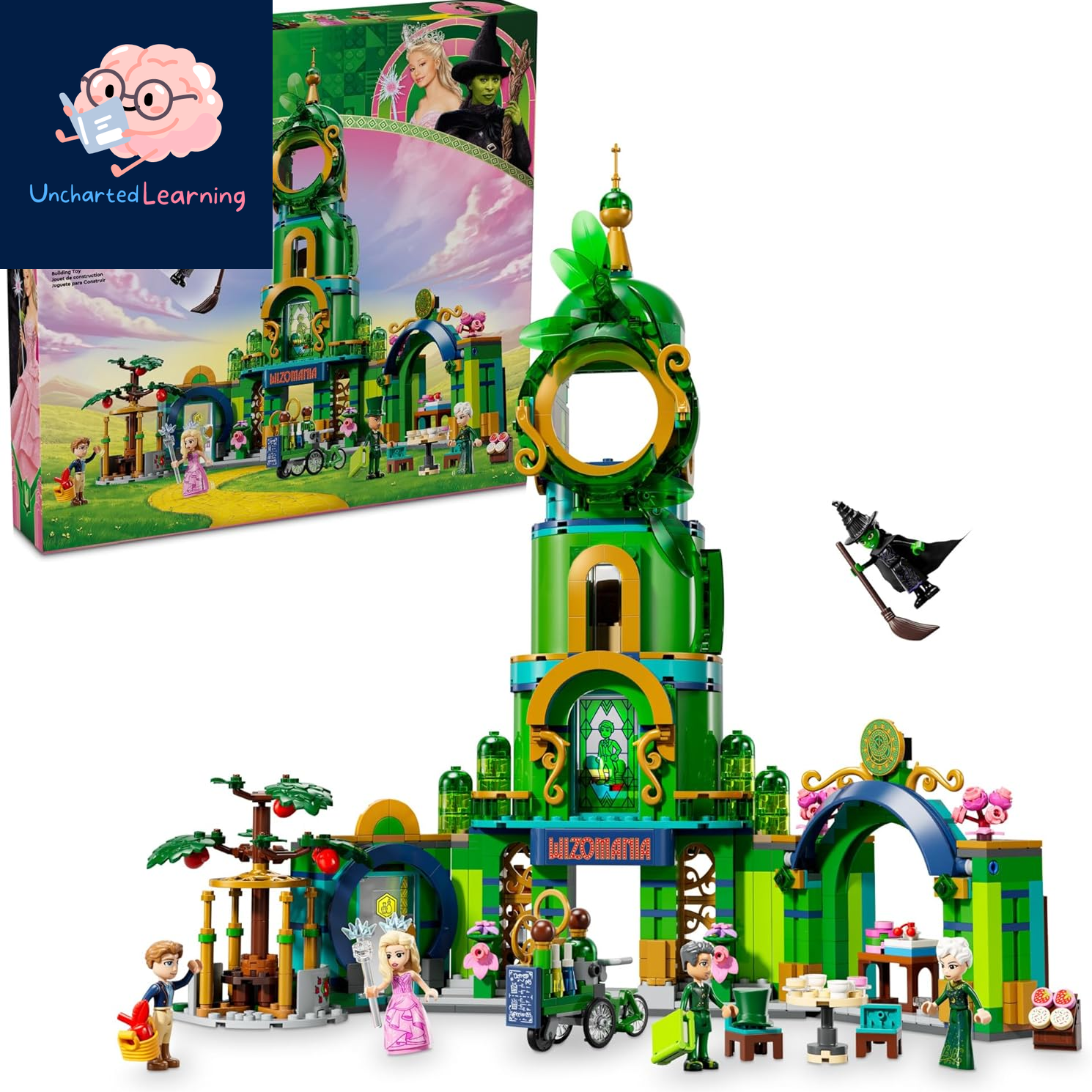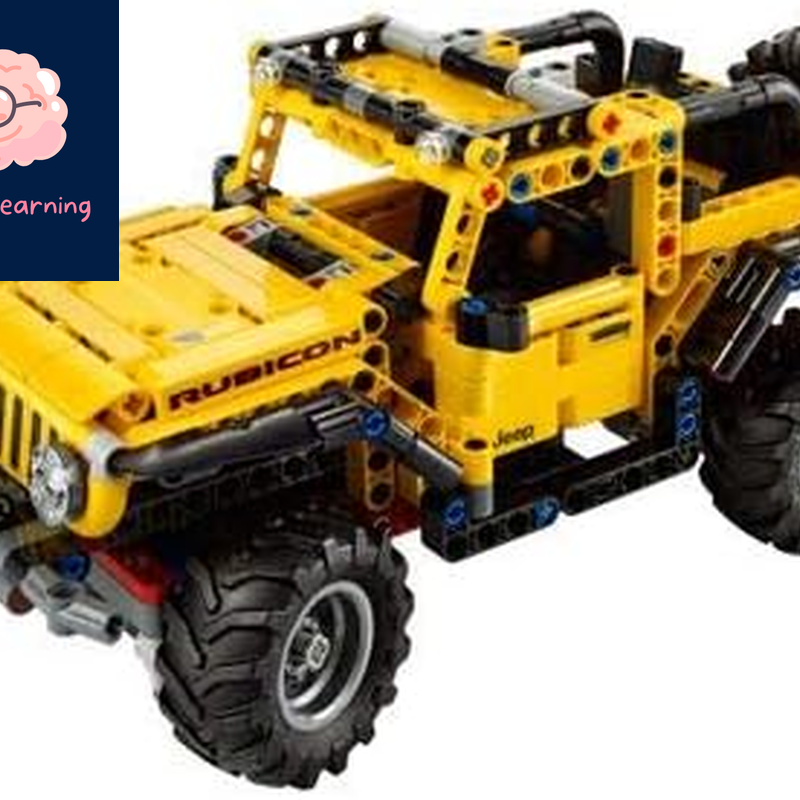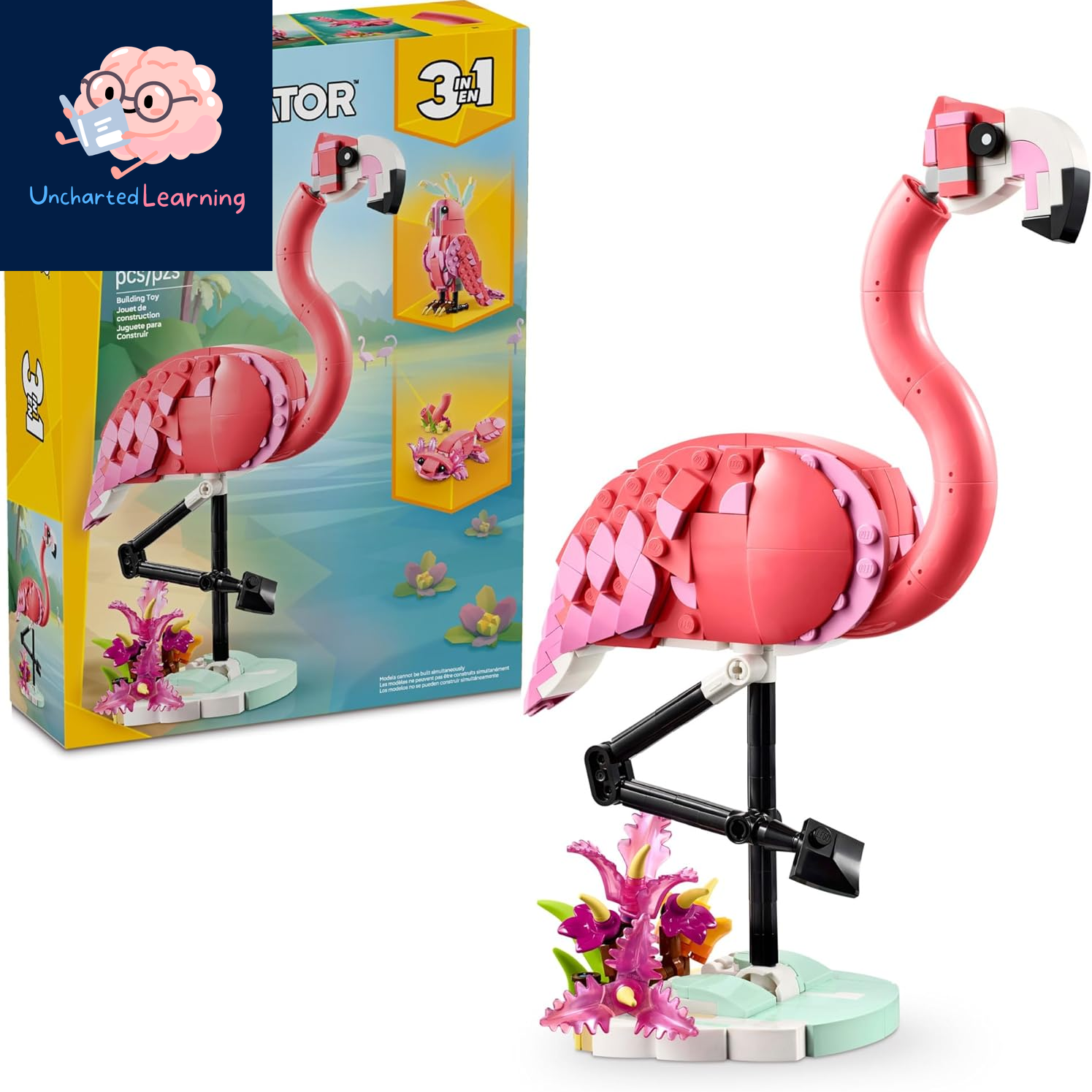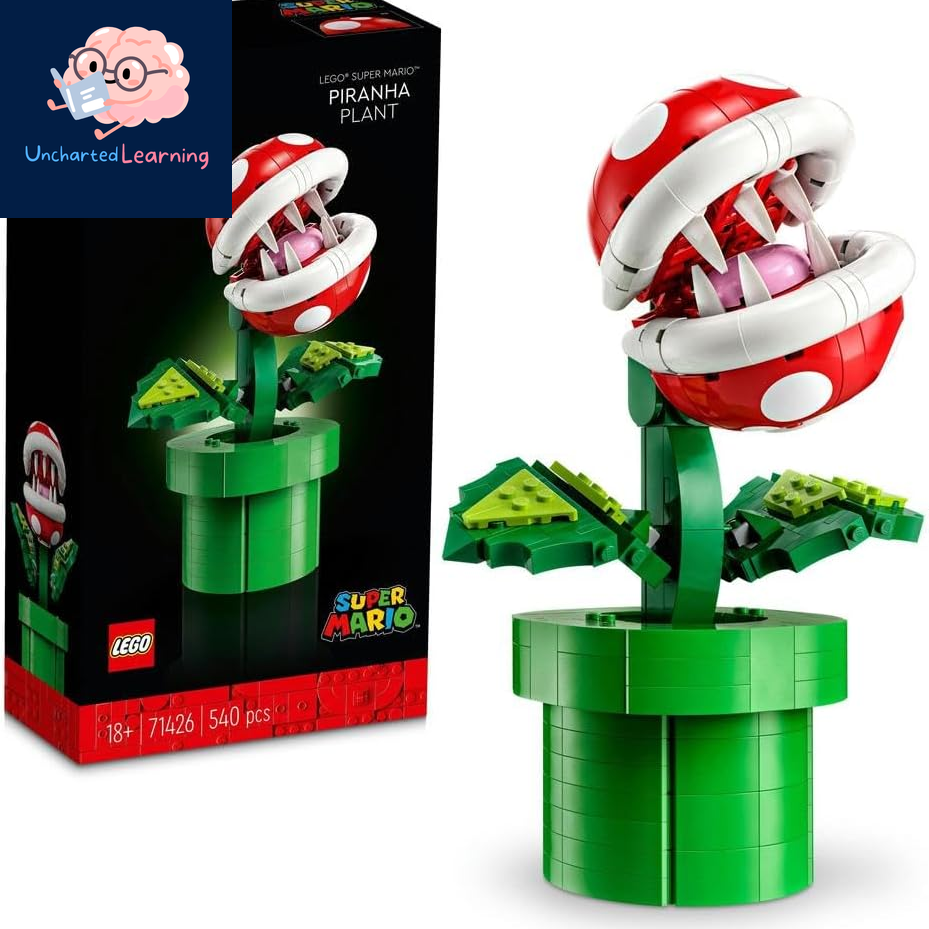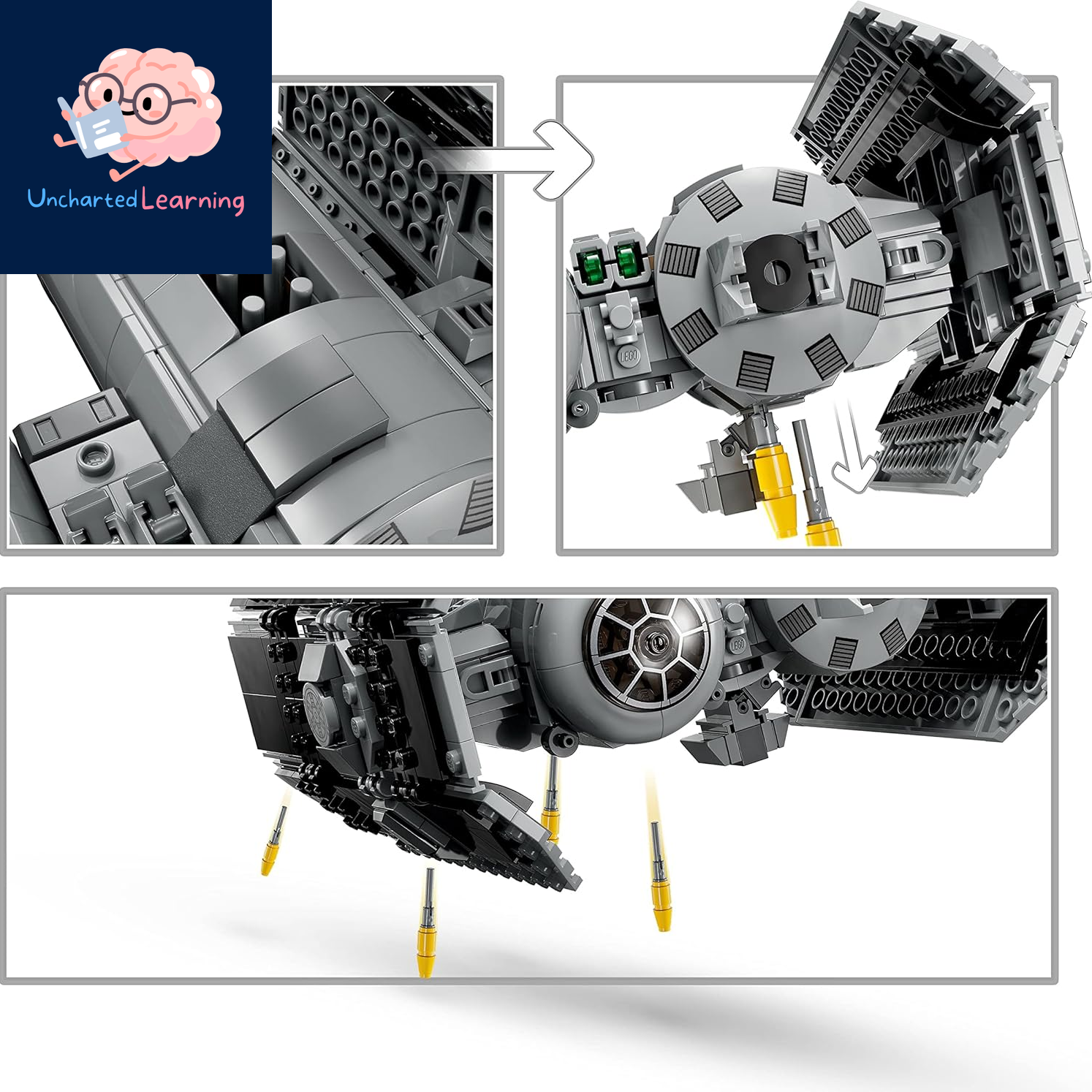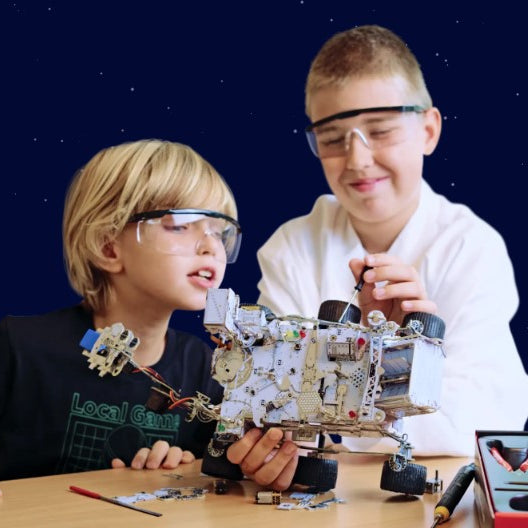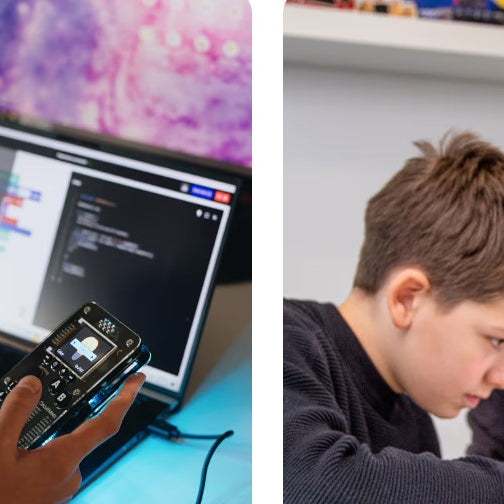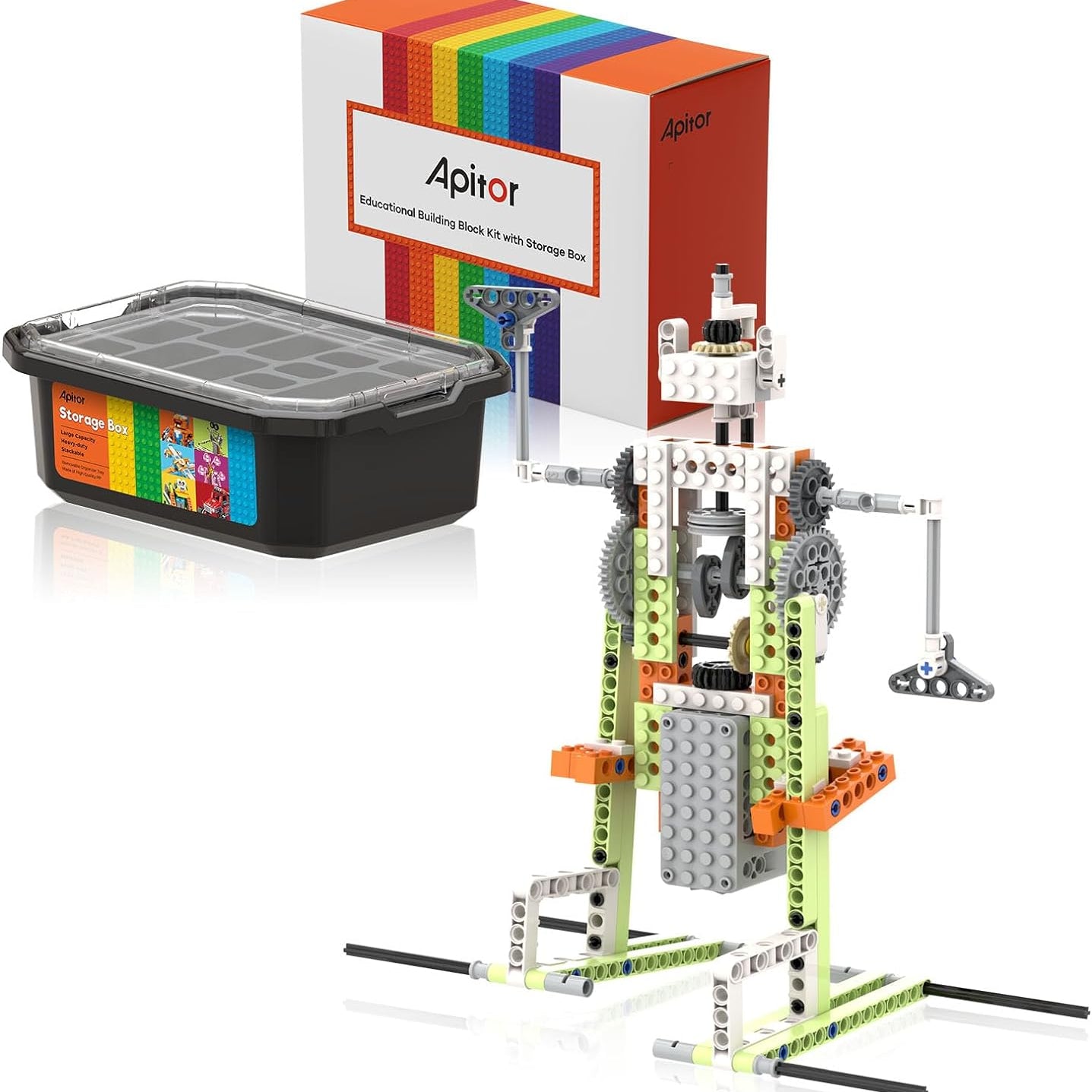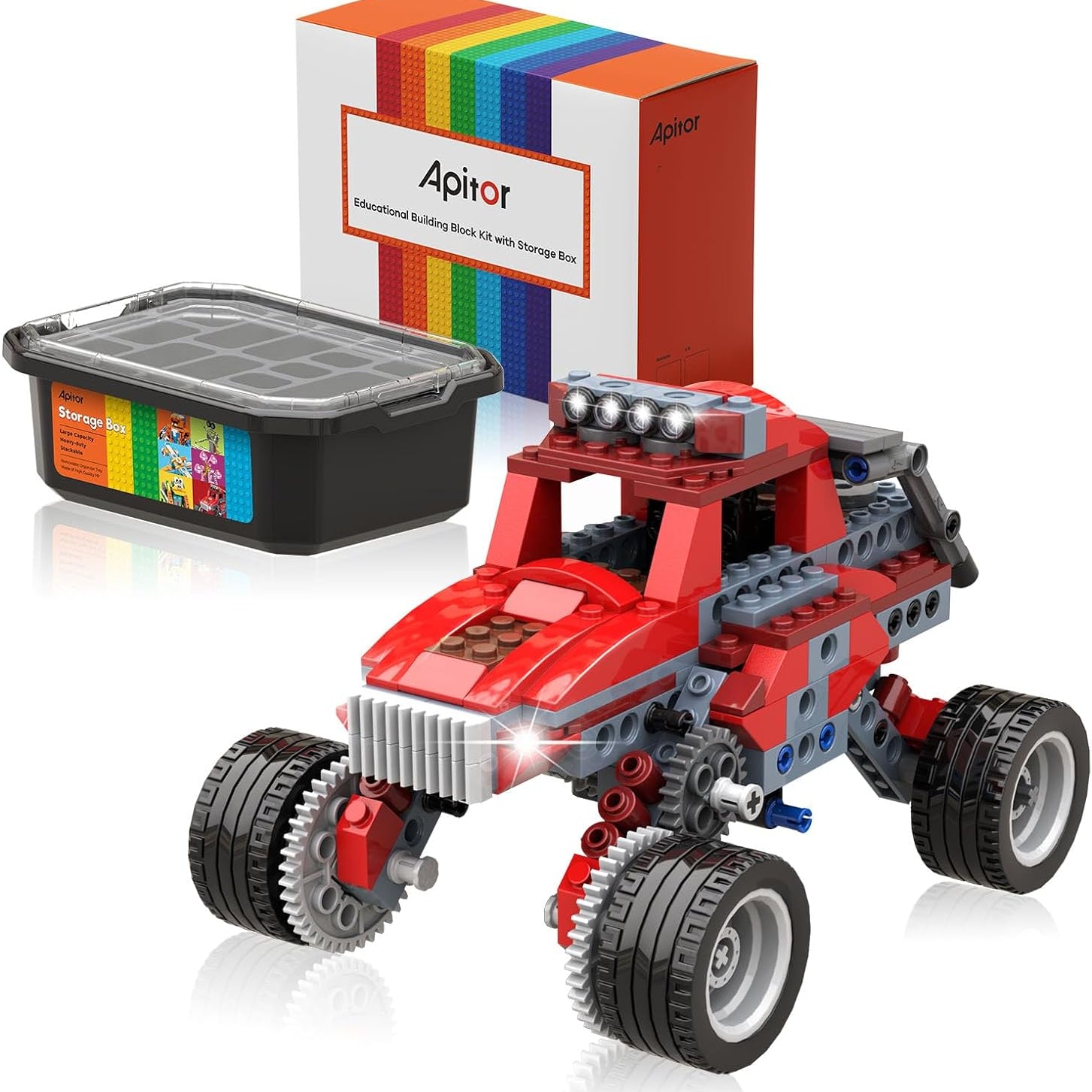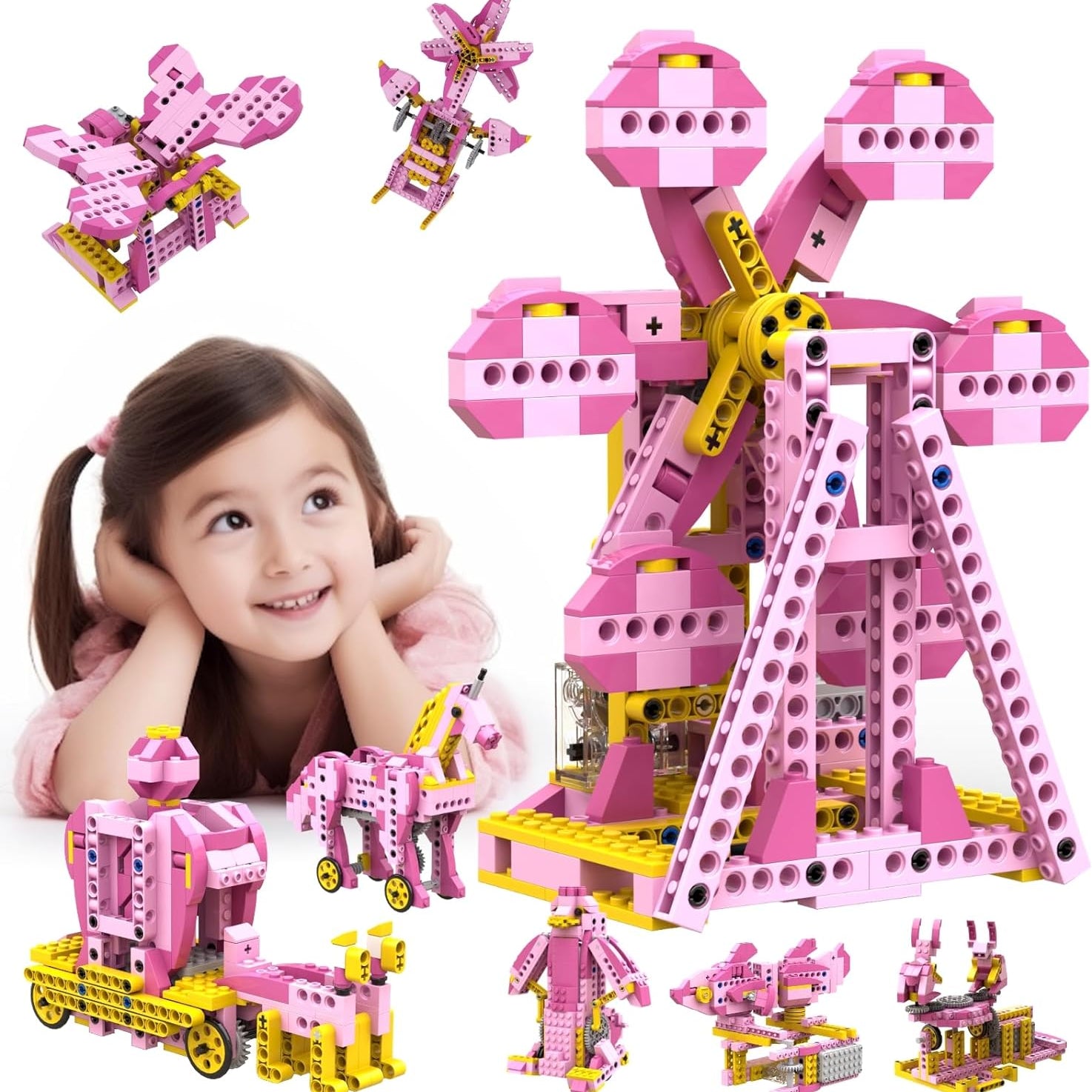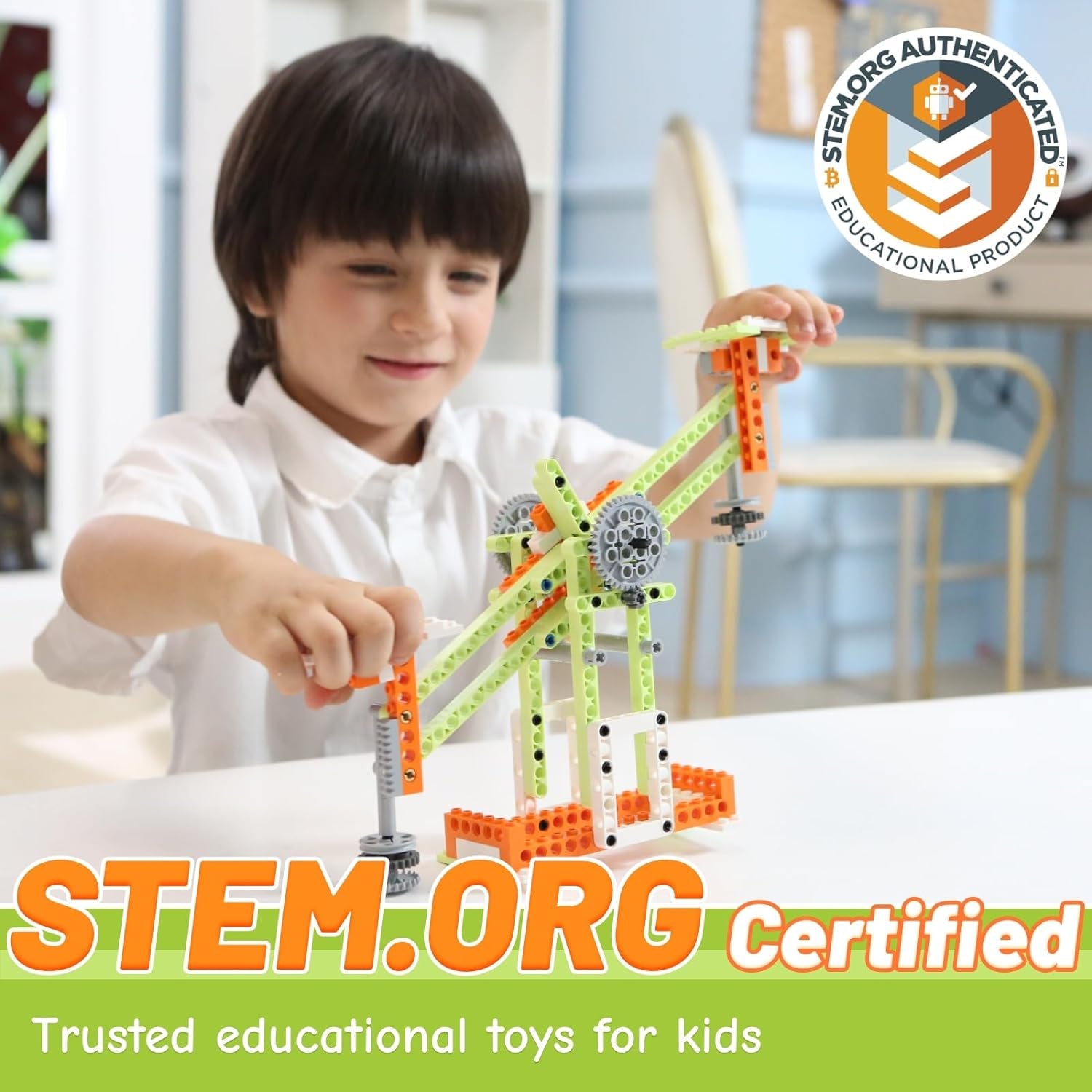If you grew up hearing about the "3 R's" in school, you probably remember the classic trio: Reading, wRiting, and aRithmetic. It's a bit of a grammatical joke, but the core idea still holds. These are the foundational skills that education—at its best—should be built on. But in homeschooling, especially in a modern, personalized setting, the 3 R's take on a deeper meaning.
They aren't just academic skills. They're principles. Lenses. Anchors. And if you're homeschooling like we do, they shape not just what you teach but how and why you teach it.
So what are the 3 R's of homeschooling? Here's what they mean in our world:
1. Relationship
The first R isn't about books. It's about people. Relationship is the core of homeschooling. Without it, everything else falls apart.

I’ve always had a strong relationship with my kids, and homeschooling only deepened that. When they were young, I’d give them three options in the morning. They’d pick one, and we’d go with it. Sometimes we’d pivot because something else sparked their interest. That flexibility let them feel heard, respected, and involved in their learning.
As they got older, our dynamic evolved. It became a team effort. We’d sit down each week and talk about what they wanted to learn. Then we’d figure out how to make it happen together. That kind of collaboration only works when the relationship is built on trust and mutual respect.
In a traditional classroom, relationships exist, but they’re stretched thin. One teacher, twenty or thirty kids. It’s hard to build deep connections. But at home? The whole model changes. You’re not just teaching your child—you know them. You’ve watched them grow, struggle, and succeed. That bond creates a unique learning environment, one that can’t be replicated in a school system.
2. Relevance
The second R is relevance. Kids ask it all the time—"Why do I have to learn this?" In homeschooling, that question isn’t brushed aside. It’s a compass.

For us, relevance meant making learning fun and meaningful. Each child got to choose their activity. Some days that meant building, some days it meant reading outside under a tree. We folded in art, outdoor play, time with friends—because life isn’t segmented into subjects, and learning shouldn’t be either.
Relevance means your child isn’t memorizing dates from a dry history book—they’re digging into family ancestry or building a timeline of world events with Legos. They’re not just solving math problems—they’re budgeting for a project or calculating how many bags of mulch you need for the backyard. It’s not about dumbing things down. It’s about tying them to something real.
Relevance also means teaching values. Teaching critical thinking. Helping kids form opinions and back them up. Discussing current events and ethics and worldview. School isn't separate from life. It is life. The best homeschooling keeps that front and center.
3. Responsibility
The third R is responsibility. And this one grows over time.

Here’s a story. I was just talking with my now-adult child about this. Back in third grade, they got tired of me waking them up too early for a co-op class. So I handed over an alarm clock. I told them, “We need to be ready by a certain time. I don’t care if you wake up five minutes before and roll out of bed, or get up an hour early to shower. But you need to brush your teeth, brush your hair, get dressed, and grab breakfast.” And you know what? It worked. Years later, they thanked me for doing that. That small act taught them time management—something they use every single day as an adult.
Responsibility starts small: putting away supplies, checking off assignments, showing up ready. Then it grows: planning a project, asking for help, setting a daily schedule. Eventually, it becomes self-direction. That’s the goal.
This also applies to parents. Homeschooling is a responsibility we chose. It means staying organized, staying patient, staying curious. It means doing the hard work of learning alongside our kids. Some days that’s thrilling. Some days it’s just… a lot. But either way, the responsibility is real. And it's worth it.
Why These 3 R's Matter More Than Ever

You’ll notice something about these R’s: they’re not things you can measure with a standardized test. They’re not found in any boxed curriculum. But they show up in the daily rhythm of homeschooling. In conversations. In choices. In how we handle challenges.
A strong relationship means our kids feel safe to struggle. Relevance keeps them engaged when the material gets tough. Responsibility teaches them how to handle freedom and structure.
We’ve had weeks where academics fell to the side—sick days, family emergencies, burnout. But the 3 R’s kept us grounded. We didn’t lose momentum because we weren’t just following a checklist. We were living a philosophy.
And here’s the thing: kids notice. They know when what they’re doing matters. They know when they’re respected. And they rise to meet that.
A Final Thought
Homeschooling isn’t always neat. It’s rarely quiet. It’s a constant balancing act between structure and flexibility, guidance and independence, teaching and listening.
But when you build it on relationship, relevance, and responsibility, you’ve got something solid.
You don’t need the perfect curriculum. You don’t need a Pinterest-worthy school room. You need to care. You need to connect. You need to keep showing up.
That’s what the 3 R’s of homeschooling mean for us. And honestly? It’s more than enough.
